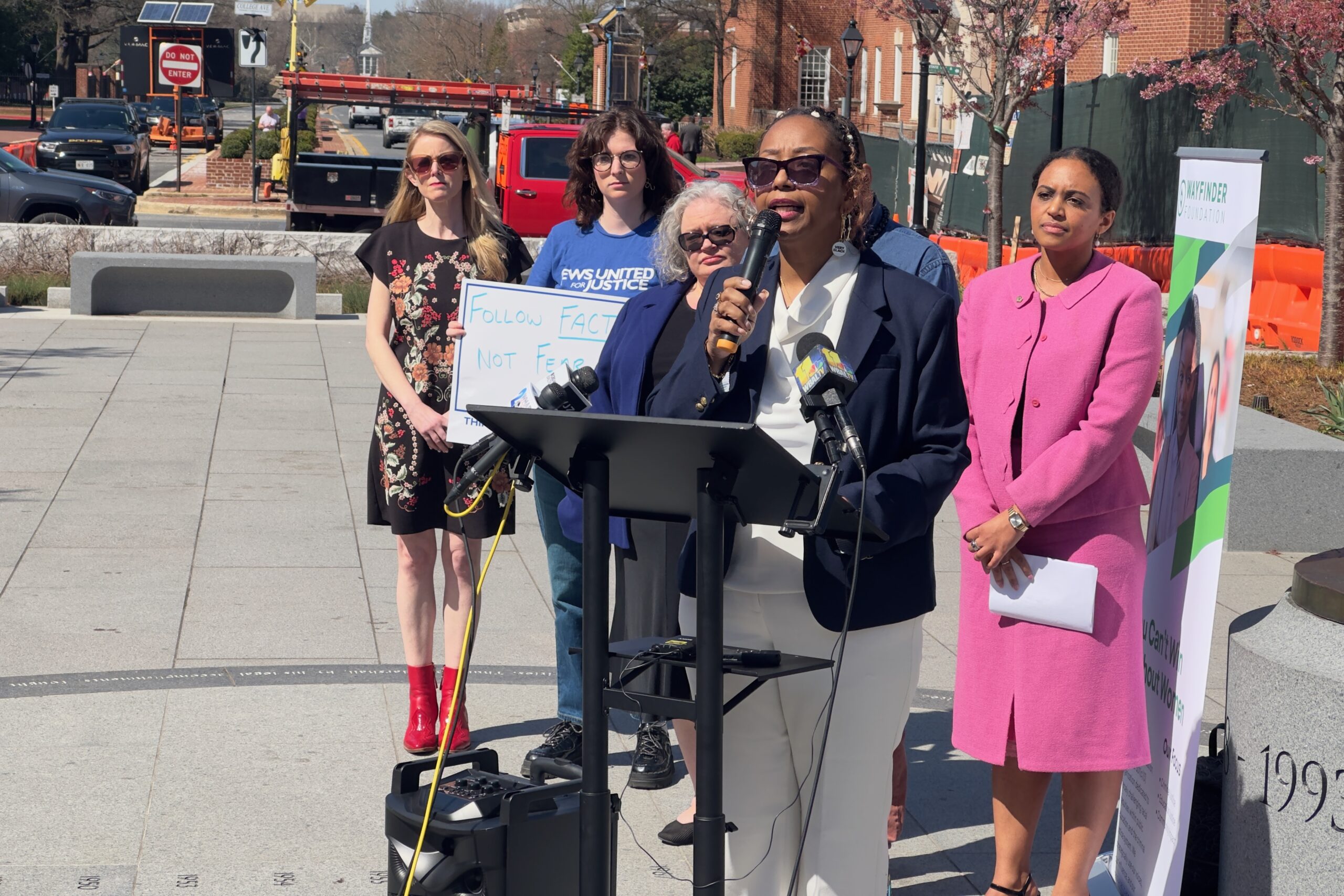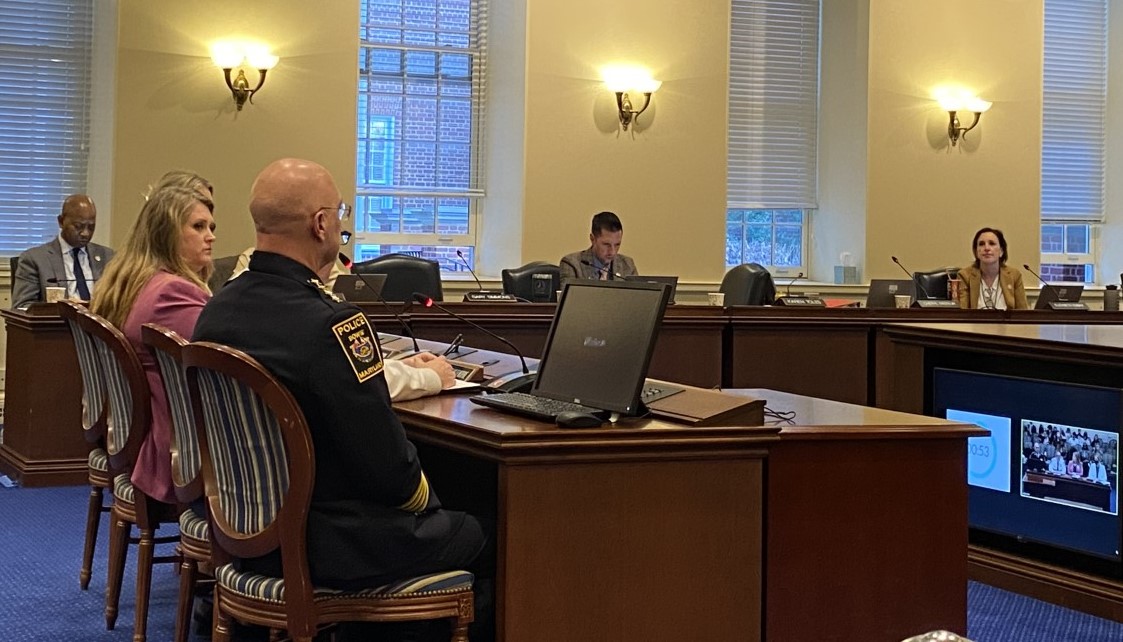Opinion: ‘The People’s Council’ must allow independent review of police misconduct

By Beverly John and Yanet Amanuel
John is a member of the Prince George’s Coalition for Police Accountability and can be reached at [email protected]. Amanuel is public policy director for the ACLU of Maryland and can be emailed at [email protected].
After new members were elected to the Prince George’s County Council last fall, the council dubbed itself “The People’s Council.” While this is encouraging to hear, as residents of this county, the actual litmus test for whether this new council is genuinely dedicated to the concerns of the people, and in particular, the needs of residents from less affluent, over-policed communities, is the passage of CB-81-2023, a bill to give the county’s new Police Accountability Board independent investigatory and subpoena powers. In other words, we’ll believe it when we see it.
In Prince George’s County, the journey toward achieving police accountability and reform has been tumultuous, marked by a persistent struggle for transparency and justice. One of the obstacles has been the subtle indifference within more affluent and less policed communities regarding issues of police accountability. This indifference stems from a false sense of security, limited exposure to the negative consequences of aggressive policing, and a lack of personal experiences with systemic injustices. While it’s true that abuse by police is most felt by Black and Brown working class residents, we have seen the horrific killings of Prince Jones Jr. in 2000, Archie Elliott III in 1993, and many others in the county who hailed from middle or upper-class communities.
Yet for decades, this indifference within affluent communities has been used as cover by the political leadership to do the absolute bare minimum on the issue of police accountability. This tendency can be attributed, in part, to the social circles and interactions of council members that are mostly people from privileged backgrounds. These interactions often fail to encompass the perspectives and lived experiences of the working-class people who bear the disproportionate impact of unchecked police misconduct.
This unchecked police misconduct was front and center in 2018, when many Black and Brown officers with the Prince George’s County Police Department joined with the Hispanic National Law Enforcement Association and the United Black Police Officers Association to file a lawsuit challenging PGPD’s pattern and practice of unconstitutional conduct. The county spent nearly $18 million to defend against this successful lawsuit and eventually paid $2.3 million to settle the case.
During the litigation, an expert witness report produced clear evidence of discrimination, harassment, and intimidation of Black and Latino officers who did not follow the “blue line” code and did not condone the misconduct of other officers. The report revealed 6,805 instances where officers used force between January 1, 2016, and the end of 2019. And of those 6,805 incidents, 98.8% were deemed justified by the department. The department’s failure to adequately investigate and hold officers accountable for misconduct has resulted in real life-threatening consequences. The list of officers with the most complaints included officers like Officer Bryant Strong, who had 30 complaints from Black residents – and who went on to ultimately paralyze Demonte Ward Blake.
For too many people, it is easy to overlook police violence because it happens so often and because it is working-class residents who suffer the brunt of it. And, of course, police violence isn’t limited to use of force or killings – violence by the police happens on a day-to-day basis in working class communities – from false arrests, improper searches and seizures, inappropriate touching during traffic stops, and racial profiling. It is these Black and Brown working class communities that live with the psychological and physical trauma every day.
The lack of police accountability over the years has also led to a broader erosion of the public’s trust and confidence in the police and in the political leadership in Prince George’s County. Time and time again, community members have experienced police misconduct going unaddressed, or seen a lack of consequences for officers who engage in wrongdoing. This has created a cycle of mistrust and skepticism that further undermines the ability of police to solve crimes.
Council members can make a difference right now by granting independent investigatory and subpoena powers to the county’s new Police Accountability Board. These powers will ensure that allegations of police misconduct are investigated thoroughly and impartially. Granting community oversight boards such as the Police Accountability Board the authority to conduct independent investigations will help address the perception of bias or conflicts of interest when police departments investigate their own officers.
As a relatively affluent and majority Black jurisdiction, Prince George’s County should be a model for strong community-controlled oversight of the police. And for the County Council to truly be “The People’s Council,” it must include the representation of all the people and it must not shy away from unpopular or controversial issues that make a huge difference in the day-to-day life of Black and Brown working-class residents.




 Creative Commons Attribution
Creative Commons Attribution